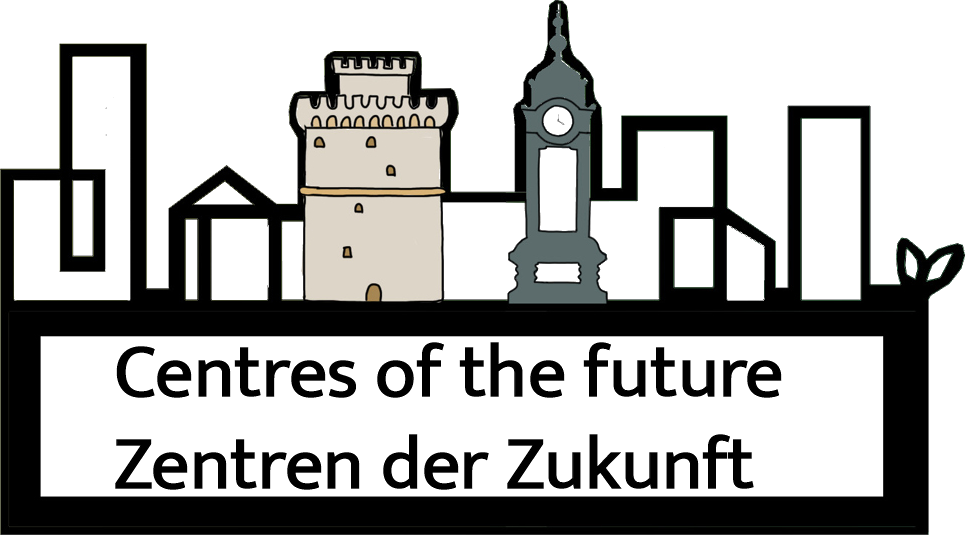The one-week excursions take place annually to both Thessaloniki and Hannover. During the excursions, urban and regional planning projects are visited (e.g. historic city centers, start-ups and pop-up stores, urban planning offices) and thematic tours are organized on the annual focus topics (e.g. real-labs, vacancy management projects).
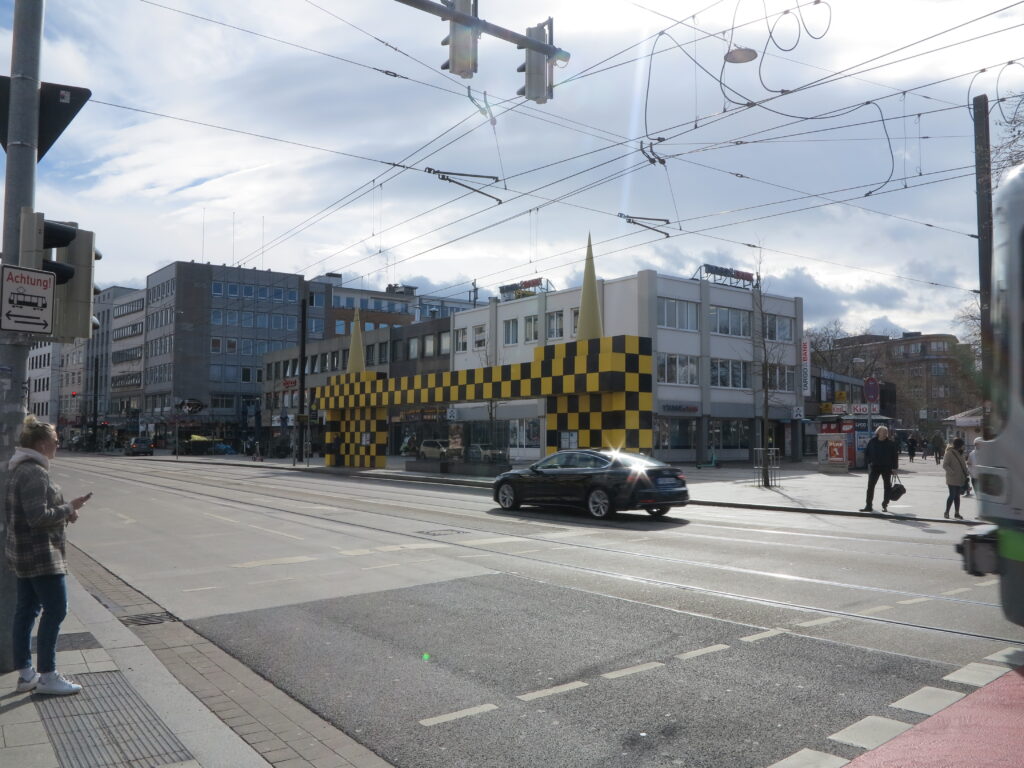
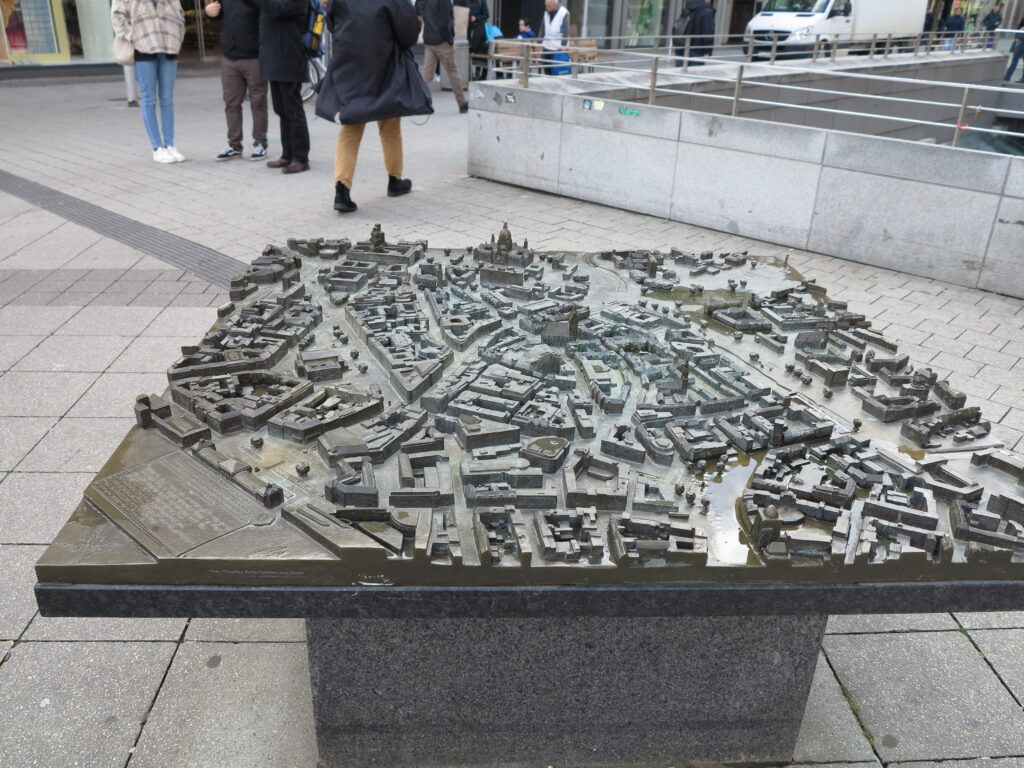
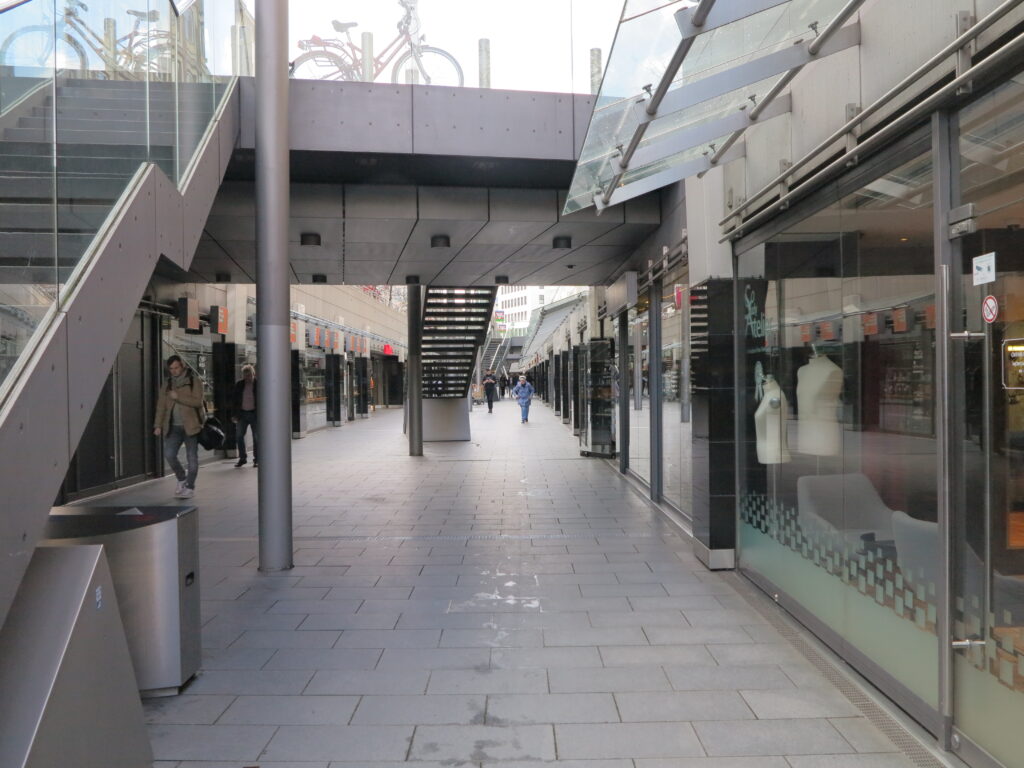
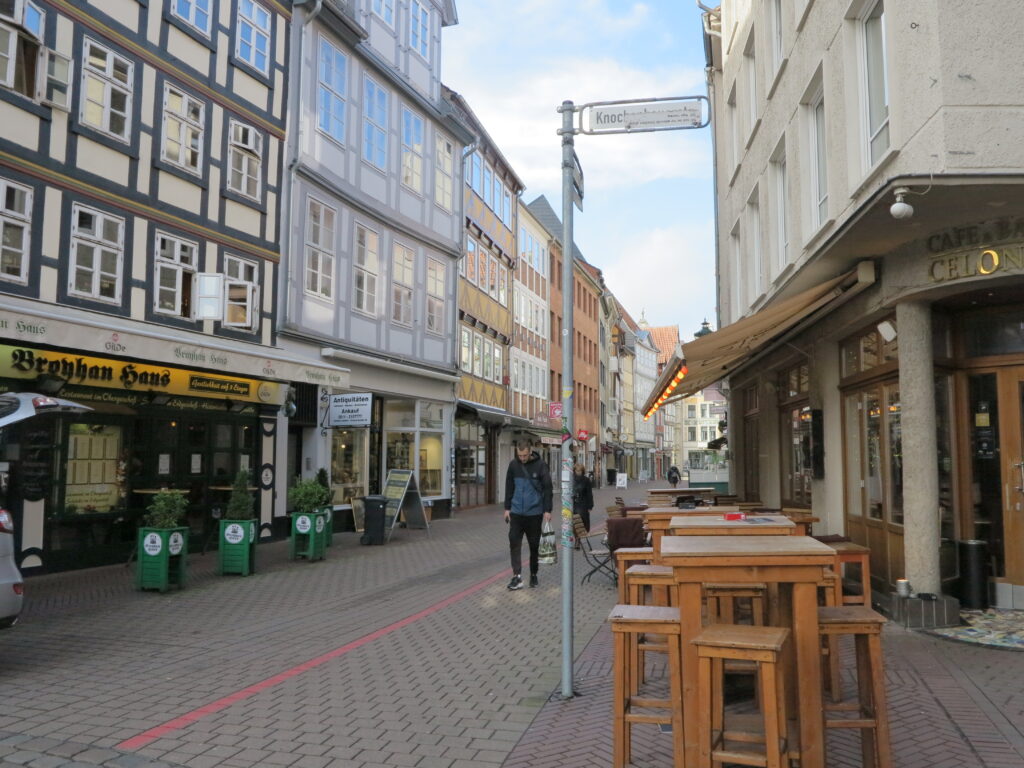
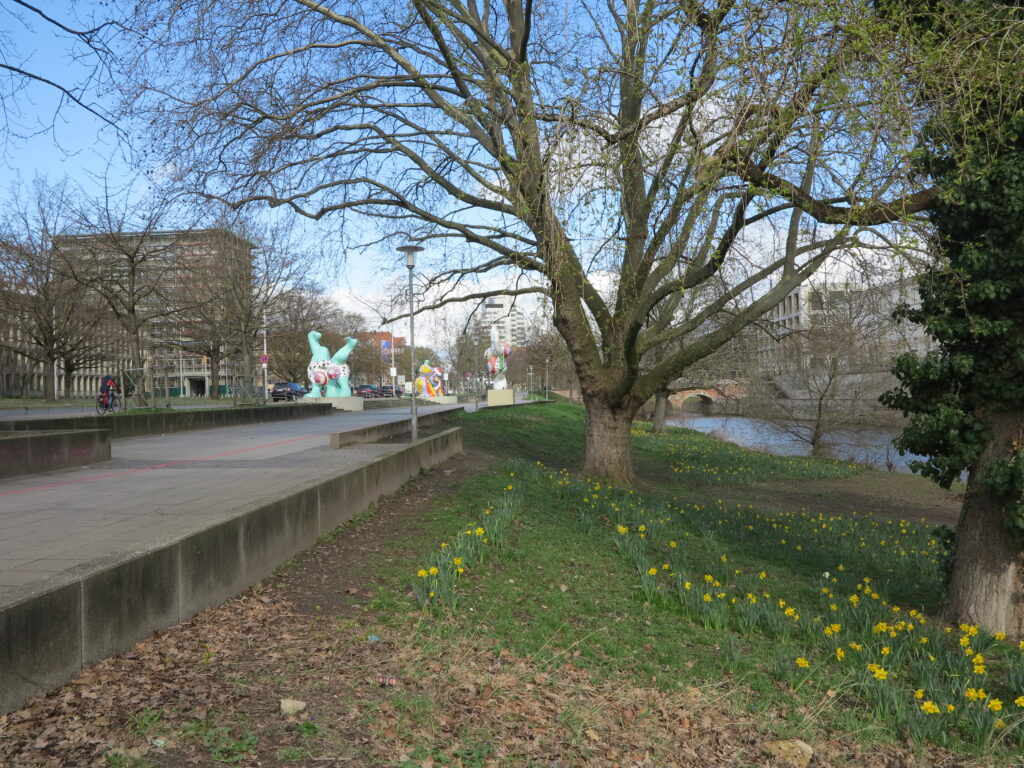
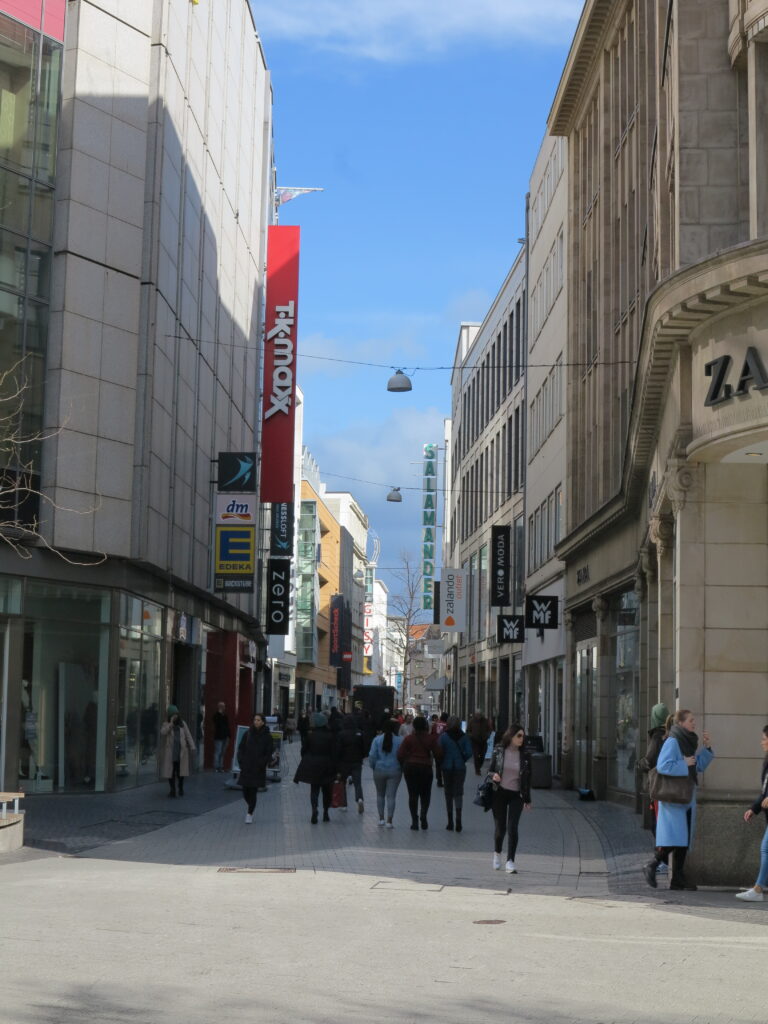
Excursion of AUTh postgraduate students to Germany
From October 29 to November 3, 2024, postgraduate students from the School of Architecture, Faculty of Engineering, Aristotle University of Thessaloniki (AUTh), Greece, travelled to Germany. The excursion offered an enriching experience for 17 students from AUTh’s Postgraduate Studies Program in Environmental Architectural and Urban Design who explored Hannover and Hamburg, Germany. They were accompanied by Venetia Tsakalidou, Director of the Program and Associate Professor at the School of Architecture, AUTh; Evangelia Athanasiou, Associate Professor at the School of Architecture, AUTh; Athina Vitopoulou, Associate Professor at the School of Architecture, AUTh; and Platon Issaias, Assistant Professor at the School of Architecture, AUTh.
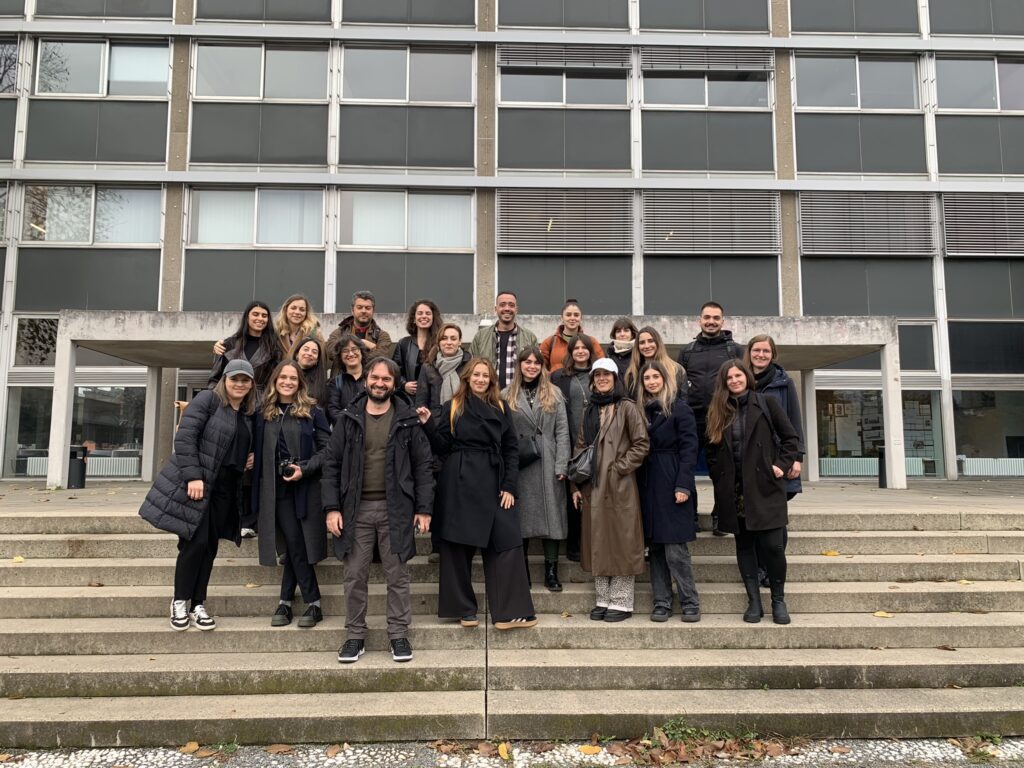
Exploring Environmental Architectural and Urban Design in Germany
On Tuesday, October 29, the group explored Hamburg’s historic center, visiting notable sites such as the St. Georg district, Sprinkenhof, Chilehaus, the Rathaus of Hamburg, St. Nikolai Memorial and the St. Pauli district. These visits provided an opportunity to study examples of early modern architecture and urban planning within the city, with a focus on Hamburg’s architectural evolution and the adaptation of urban spaces to meet social and environmental needs.
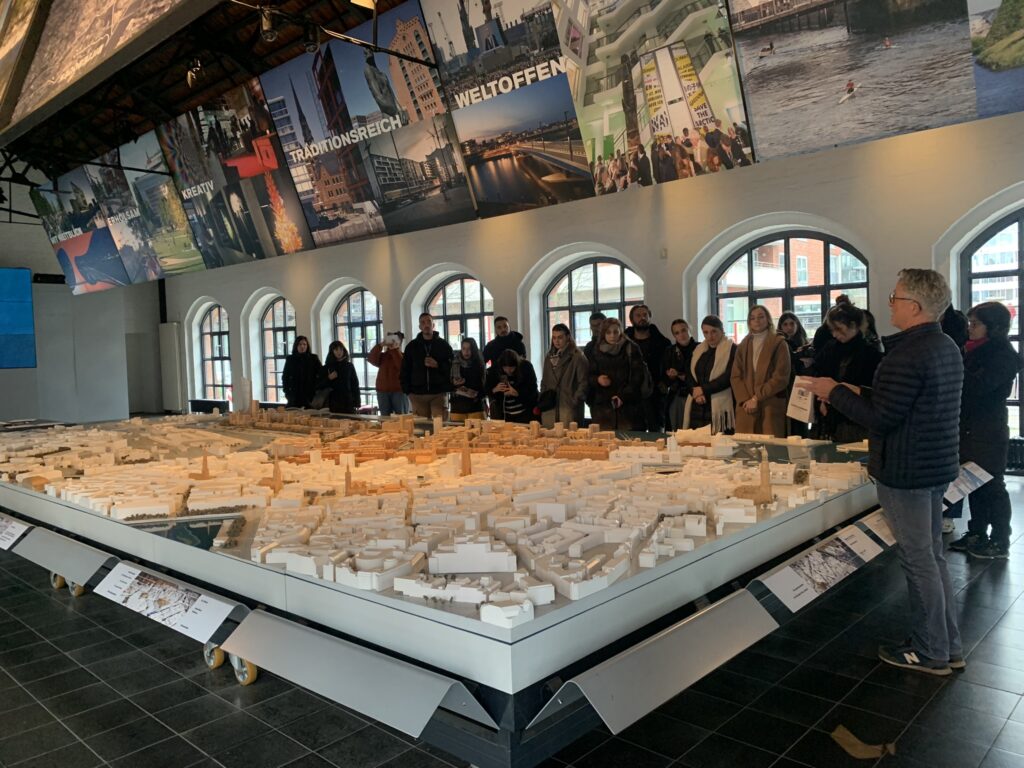
On Wednesday, October 30, the group travelled to Hannover. Dr. Frank Scholles delivered an in-depth presentation on spatial planning and development in Hannover, exploring historical city development trends from the 20th to the 21st century, and showcasing recent spatial strategies implemented through various projects. The session was followed by a discussion, during which Dr. Scholles responded to students’ questions and insights regarding Hannover’s planning initiatives.
Dr. Lena Greinke then led a tour of the Leibniz University and its Faculty of Architecture and Landscape, highlighting the university’s role in fostering sustainable environmental planning education.
The itinerary also included an exploration of Hannover’s historic center, which provided insights into how sustainable residential design is integrated with renewable energy, efficient insulation and community planning, creating a cohesive and sustainable urban model.
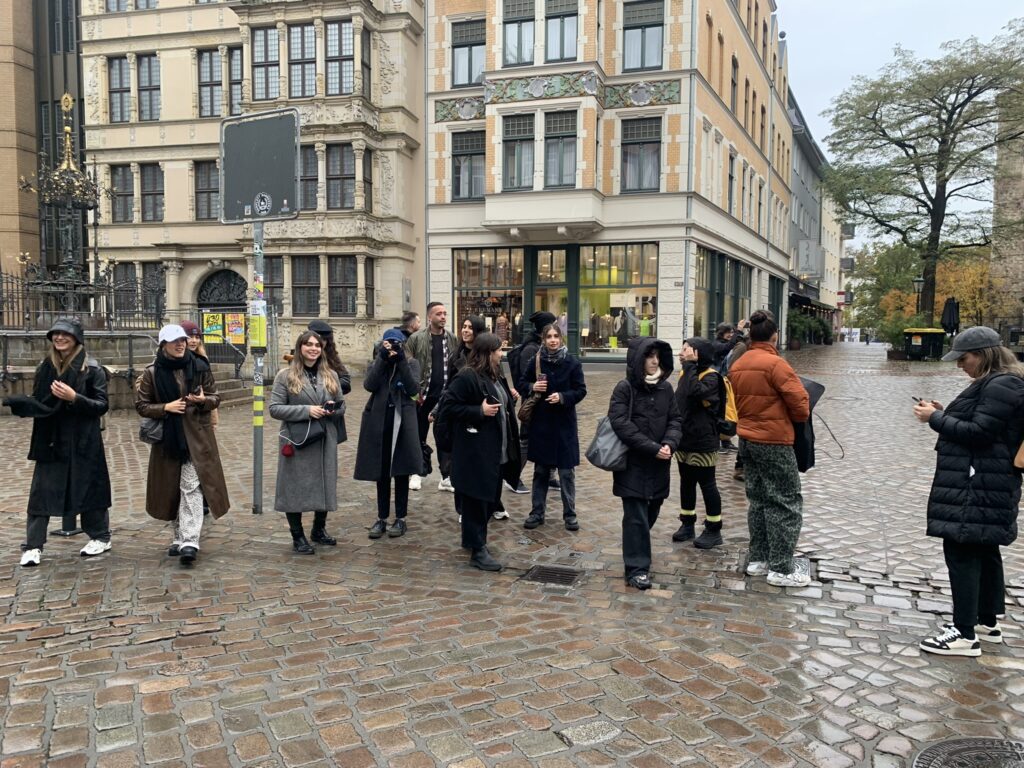
On Thursday, October 31, the group toured HafenCity, a flagship project in sustainable urban redevelopment. This tour showcased HafenCity’s innovative approach to water management, green building technologies and multifunctional public spaces. Visits to the Jan Fedder Promenade and the iconic Elbphilharmonie emphasized Hamburg’s successful blend of historic preservation and contemporary architectural advancements. The day also included a boat trip along Elbe and visits to the Hamburger Kunsthalle and Planten un Blomen, demonstrating Hamburg’s commitment to integrating cultural and recreational urban spaces into its sustainable urban framework.
On Friday, November 1, the group had a free day in Hamburg, providing them with the opportunity to further explore their personal interests in environmental architectural and urban design. Many took the chance to visit specific sites, gardens and projects that resonated with their academic focus, delving deeper into the city’s innovative architectural landmarks, sustainable urban planning models and cultural spaces. This allowed them to reflect on the practical applications of their studies and engage with the city’s urban design challenges and solutions.
On Saturday, November 2, the group explored alternative urban planning examples such as Gängeviertel and the St. Pauli Bunker. A guided tour of the International Building Exhibition (IBA) in Hamburg’s Wilhelmsburg district highlighted pioneering projects focused on climate-resilient urbanism and sustainable housing, including Smart Material and Water Houses. The tour concluded with a study of Hamburg’s integrated energy solutions and community-centered development models, which are essential for fostering resilient and sustainable urban planning.
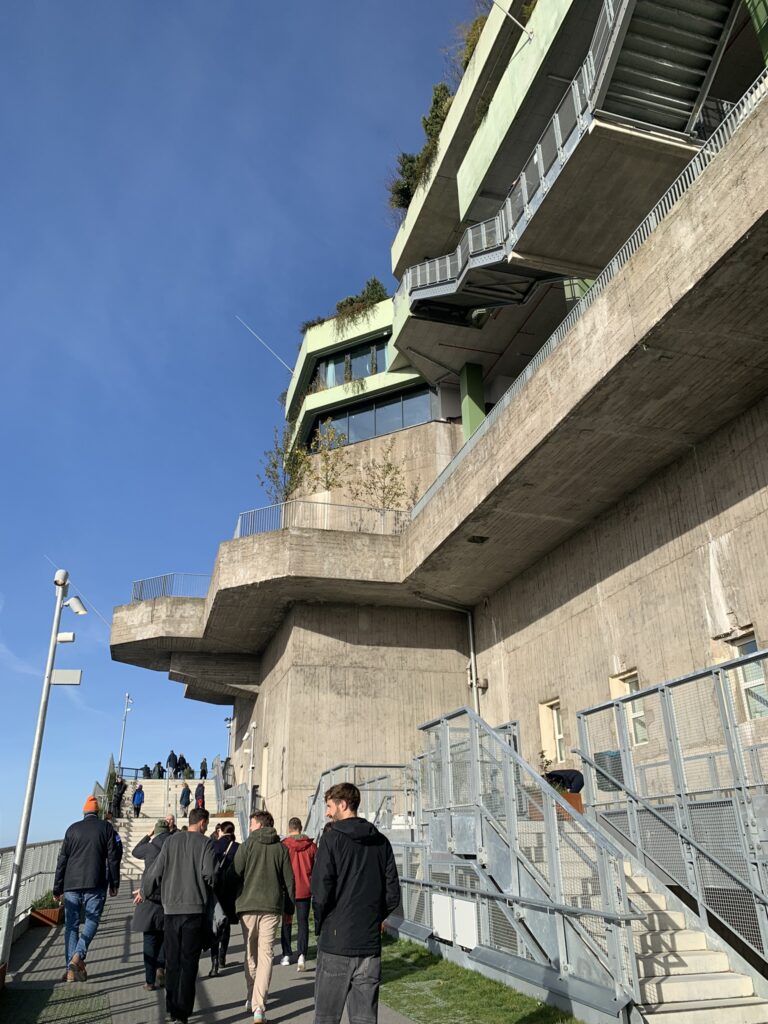
An Invaluable Educational Experience
The excursion proved to be an invaluable educational experience, both insightful and practical. The postgraduate students had the opportunity to explore new cities, visit environmental architectural and urban design projects they had studied in their courses and gain deeper insights into Hannover and other cities in Germany. The trip allowed them to reflect on diverse educational environments, planning concepts, cultures, best practices and the current challenges faced by cities in sustainable development.
